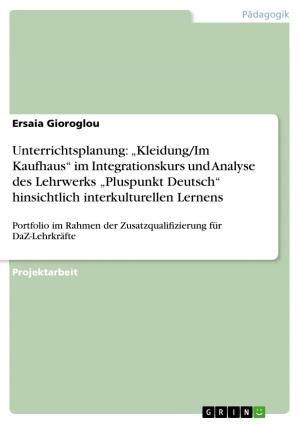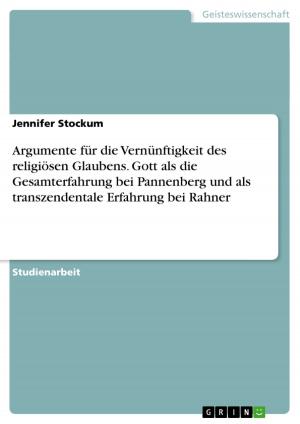Right-Wing Extremism in East Germany
Nonfiction, Social & Cultural Studies, Political Science, International, Foreign Legal Systems| Author: | Katherine Kretshmer | ISBN: | 9783668564572 |
| Publisher: | GRIN Verlag | Publication: | November 7, 2017 |
| Imprint: | GRIN Verlag | Language: | English |
| Author: | Katherine Kretshmer |
| ISBN: | 9783668564572 |
| Publisher: | GRIN Verlag |
| Publication: | November 7, 2017 |
| Imprint: | GRIN Verlag |
| Language: | English |
Bachelor Thesis from the year 2015 in the subject Politics - Political Systems - Germany, grade: 1,0, University of East London, course: BA (Hons) International Politics with Psychology, language: English, abstract: This dissertation sets out to examine the phenomenon of right-wing extremism in East Germany, its influences, underlying structures and potential political power during and shortly after the German unification. Right-wing extremism still poses a great problem in the east of Germany and in order to better understand contemporary right-wing extremism it is essential to comprehend its bases and historical dimension. Present literature is mainly divided into two contentual groups; those believing in a widely inherited right-wing extremism in East Germany, hidden by the GDR regime and enhanced by the authoritarian, repressive character of the state; and those that find the foundation of East German right-wing extremism in the chaotic years of profound social and political changes in 1989/90. Both theories provide veritable information and are yet not able to explain the phenomenon in all its depth. Therefore the theories had to be enriched and broadened with further information. Primary, secondary and tertiary sources were used to obtain a detailed image of right-wing extremism in the GDR and shortly after the unification. Finally the conclusion could be drawn that the GDR with its authoritarian, hierarchical structure did provide a foundation for the spread of right-wing extremism. However, it was the chaotic reunification and its social and economic consequences that led to the outburst of violent right-wing extremism that characterised East Germany throughout the 1990s.
Bachelor Thesis from the year 2015 in the subject Politics - Political Systems - Germany, grade: 1,0, University of East London, course: BA (Hons) International Politics with Psychology, language: English, abstract: This dissertation sets out to examine the phenomenon of right-wing extremism in East Germany, its influences, underlying structures and potential political power during and shortly after the German unification. Right-wing extremism still poses a great problem in the east of Germany and in order to better understand contemporary right-wing extremism it is essential to comprehend its bases and historical dimension. Present literature is mainly divided into two contentual groups; those believing in a widely inherited right-wing extremism in East Germany, hidden by the GDR regime and enhanced by the authoritarian, repressive character of the state; and those that find the foundation of East German right-wing extremism in the chaotic years of profound social and political changes in 1989/90. Both theories provide veritable information and are yet not able to explain the phenomenon in all its depth. Therefore the theories had to be enriched and broadened with further information. Primary, secondary and tertiary sources were used to obtain a detailed image of right-wing extremism in the GDR and shortly after the unification. Finally the conclusion could be drawn that the GDR with its authoritarian, hierarchical structure did provide a foundation for the spread of right-wing extremism. However, it was the chaotic reunification and its social and economic consequences that led to the outburst of violent right-wing extremism that characterised East Germany throughout the 1990s.















